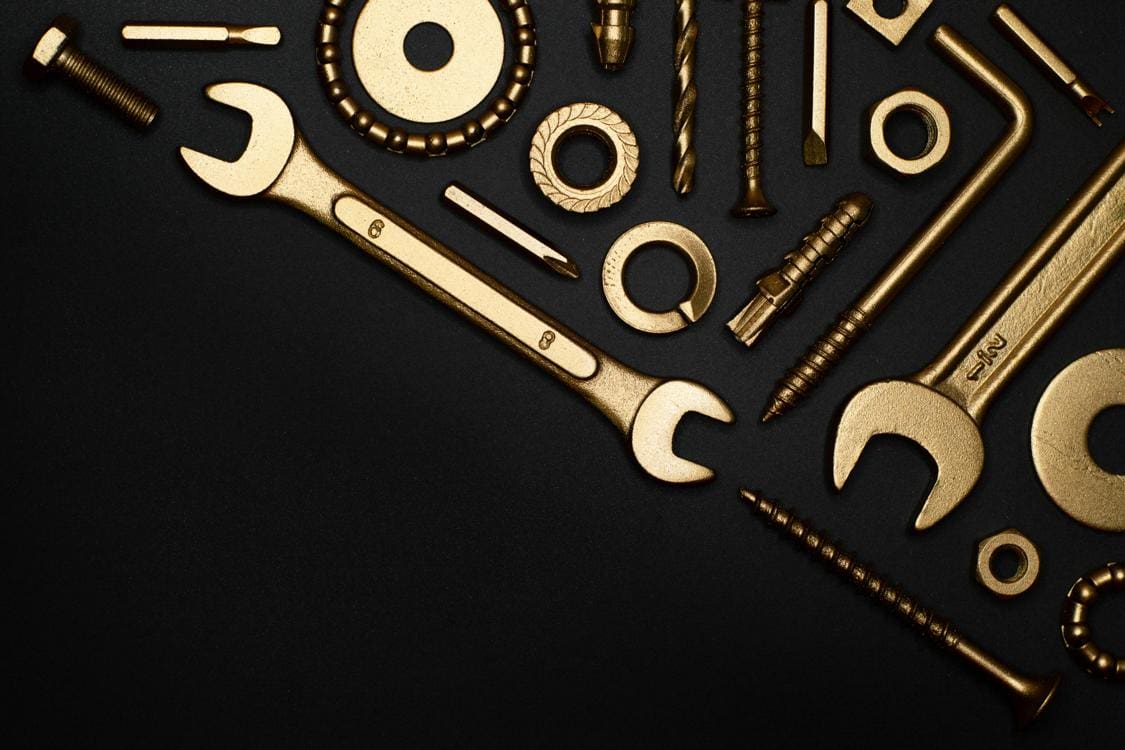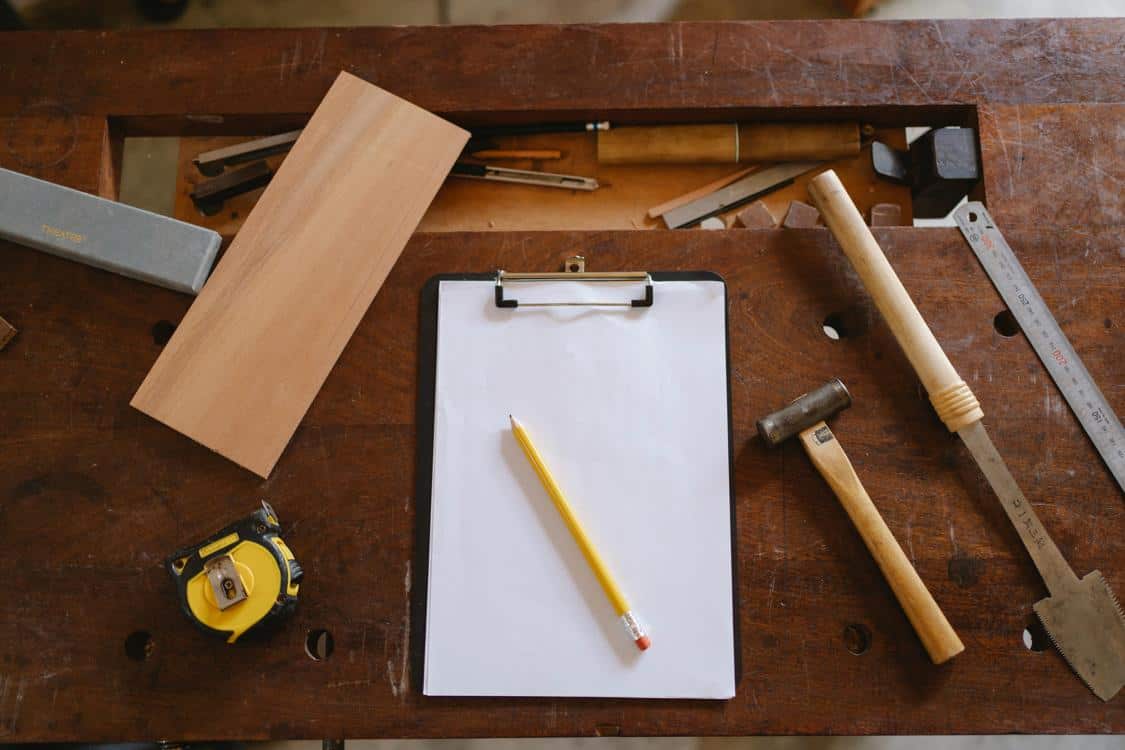Proper maintenance of your pipes can help you avoid costly and disruptive plumbing issues. Regular inspections, proper water usage, and professional assistance when needed are the keys to pipe maintenance success.
Make sure your pipe is completely cooled before cleaning. Separating the stem from the shank while it is still warm can crack the pipe’s tenon or cause the fit to loosen.
Know Your Pipes
About 1 trillion gallons of water are wasted each year by leaky pipes in American homes. Ruptured pipes can cause enormous amounts of property damage, and catching one in time could save you thousands of dollars in repairs and loss of water. Fortunately, there are some warning signs you can watch for to catch a pipe rupture before it happens.
Inspect your pipes regularly for signs of leaking water, damp drywall and ceiling rings, unusual odors, and banging or clanking noises. Pay particular attention to piping in crawl spaces, attics and garages. These pipes are more likely to freeze and burst when temperatures drop.
A simple way to prevent frozen and bursting pipes is to start a drip in your home when freezing temperatures are predicted. It’s also a good idea to install pipe sleeves in areas where cold weather is common, especially older homes. In addition, it’s a good idea to drain your water system of unused water before the onset of cold temperatures and to flush your toilets frequently. Remember, only human waste and toilet paper should go down your drains—flushable wipes, cat litter and other items can clog the plumbing system and create a health hazard.
Clean Your Pipes Regularly
The clogging of pipes can cause a variety of plumbing disasters, from slow-draining sinks to water that won’t turn on at all. Fortunately, most of these problems are preventable with regular drain cleaning.
Grease, food waste, soap scum, hair and other debris are all common causes of blocked drains and pipes. If you aren’t careful, these things can build up and block your whole system, leading to serious problems like flooding, mold growth, and costly repairs.
One of the best ways to keep your pipes clean is by using a bacterial cleaner, such as the one sold in most big box stores. These products contain microbes that eat the slime that builds up in your pipes, keeping them clean and free-flowing. You can also try pouring boiling water down your drains every month or two, as this will help scour them clean and prevent build-ups from occurring.
Industrial piping systems are the backbone of many manufacturing facilities, carrying essential fluids and gases to and from their source. Proper maintenance is crucial for minimizing downtime, cost, and risk of failure, and ensuring safety for employees. This includes regular inspections, the use of durable materials like Hastelloy pipes, and standard operating procedures (SOPs).
Prevent Clogs
Clogged drains can be a real pain in the neck and a big expense. They can also create bad odors and slow the flow of water in your home or business. However, there are some easy ways to prevent clogs that can save you money and time.
Regular drain cleanings and a good routine can go a long way in keeping your pipes clear. In fact, most clogs are caused by material buildup rather than damage or broken pipes.
One of the best ways to keep your drains clean is to educate everyone in your household about what can and cannot go down the drain. For example, teaching children that only toilet paper, human waste and sanitary products should be flushed can help them avoid serious drain clogs later in life. You can also reduce your risk of kitchen drain clogs by not pouring grease down the drains. Instead, you can put grease in a sealable container, wait until it hardens and scrape it into the trash.
Other common causes of clogs include hair, soap scum and foreign objects. Hair can often get hung up on the inside of pipes, while foreign objects like swabs, cotton swabs and children’s toys can clog showers, tubs and sink drains. Finally, underground sewer lines can become clogged by invasive tree roots. To prevent this, you should not plant trees or shrubs near your sewer pipes.
Check Your Pipes for Damage
While plumbing pipes are built with high-quality materials, they aren’t immortal. Most have a lifespan of around 50 years, but they will start to fail after that. When they do, it’s important to know the warning signs so that you can take action quickly.
Leaking pipes can cause serious water damage and lead to expensive repairs. Unfortunately, most people don’t realize they have a leak until it is too late. Here are some signs to look for:
-Water taste: If you notice that your water has a metallic flavor, it’s a sign that your pipes have corroded. This can also result in water leaks and other problems.
-Puddles: If you see puddles or sinkholes near your pipes, it’s time to call in a plumber. These signs could mean that your pipes are leaking and that there’s a potential risk of sewage contamination.
-Signs of rust or corrosion: If you notice any signs of rust, flaking, discoloration, or staining on your pipes, it’s time to call a plumber, especially ones worth their salt, akin to the Baton Rouge plumbers. Corrosion is a huge problem and can lead to pipe failure. Replacing corroded pipes will help to prevent further issues.
Check for Leaks
Pipelines are critical lifelines that transport essential resources like water, sewage, crude oil, natural gas, and more. These underground or overhead networks are vital for a wide range of industries and communities, and maintaining them is incredibly important to ensure safe operation.
Leaking pipes can cause serious problems, including water damage, high water bills, and even health risks. Luckily, there are some easy ways to check for leaks.
You can often spot a leak in your home or building by looking for water stains or other signs of moisture on the floor or walls. However, some leaks are more difficult to detect. For example, a leak in a wall can go undetected for a long time if it’s behind thick drywall or if the leaking pipe is small and hidden.
To help prevent this from happening, make it a point to check for signs of leaks several times a year, including after heavy rains and before summer storms. You can also try turning off all your water use appliances and then reading your water meter. If the meter changes, you likely have a leak in your plumbing system. A professional plumber will be able to find and repair the leak quickly to minimize damage and save money on your water bill.
Make Repairs as Soon as Possible

Pipeline failures often lead to costly environmental damage, service disruptions, and personal injuries. To avoid these issues, it’s important to keep your pipelines well-maintained and in good condition. This means regularly inspecting and repairing them. Regular inspections help identify maintenance issues quickly, so they can be addressed before they become a major problem.
Many pipelines are located in hard-to-reach areas, making it difficult to access them for routine inspections and repairs. Additionally, some pipelines contain flammable or hazardous substances, which requires special safety precautions during inspection and maintenance activities.
If your pipes are corroded, you should repair them as soon as possible. This will help prevent leaks, which can cause water damage and expensive property losses. To do so, you can use abrasives to clean the inside of the pipe and apply anticorrosive coatings.
It’s also important to make sure your pipes are properly supported and anchored. This will reduce the stress on the connections and prevent sagging or misalignment. It’s also a good idea to add insulation in cold parts of your house to prevent freezing pipes. In addition, you should replace old pipes before they fail. This will ensure that your pipes are safe and functional for the long-term.
Replace Old Pipes
Many older homes have beautiful features like stained-glass windows, original crown molding, and herringbone patterned wood floors. Unfortunately, these homes often have old pipes that are prone to leaks and other problems. If your home has old pipes, you should consider having them replaced before they cause significant damage.
The best way to know whether your pipes are corroded or damaged is to have a professional plumber check them out. Then you can make a plan for repairs or replacements as needed.
Leaking or corroded pipes can lead to water supply contamination, which is hazardous for your health. Replacing old pipes will improve the quality of your home’s water and help prevent future issues.
If you decide to replace your home’s pipes, be sure to shut off the water before starting work. There may be shutoff valves in your home that will let you turn off the water to specific areas so you can work on one section at a time. You can also install a new main shutoff valve to close off the water to your entire house during the project. You should also make sure to connect fixture supply lines to the new pipes when you are done.



